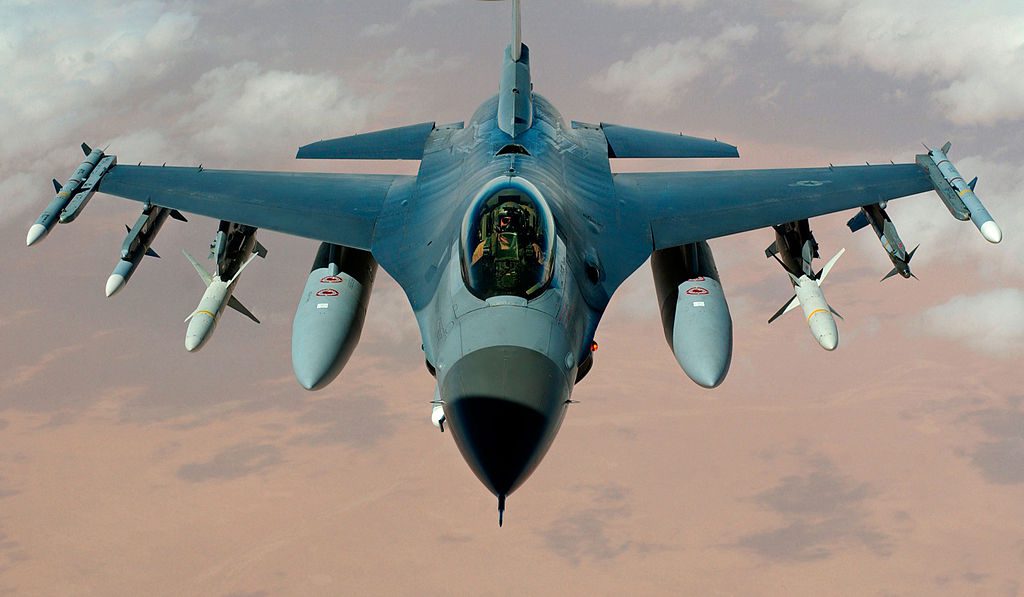Jennifer L. Erickson is an associate professor of Political Science and International Studies at Boston College. Erickson is a faculty affiliate at MIT’s Security Studies Program, a non-resident fellow at the Quincy Institute, and an Associate Editor at Security Studies. Previously, she has held fellowships at Stanford University, Dartmouth College, and from the Deutscher Akademischer Austauschdienst (DAAD). She has also been an affiliate at the Institute for Quantitative Social Science at Harvard University, the Stiftung Wissenschaft und Politik (SWP), and the Wissenschaftszentrum Berlin (WZB).
This interview is the second in a series highlighting the research team for the Defense Industries, Foreign Policy and Armed Conflict project. You can view the previous interview with Anna Stavrianakis here.
WPF’s Aaron Steinberg caught up with Jennifer Erickson over email to learn more about her involvement with the project.
Aaron Steinberg: What was the focus of your previous research?
Jennifer Erickson: Arms exports have been a core topic of my research interests throughout my academic career. In my first book, I focused particularly on multilateral arms export controls, especially those meant to reduce arms flows to human rights violators and conflict zones. I wanted to understand why countries with long-standing economic and security interests in exporting arms started in the post-Cold War era to become willing to sign on different multilateral policies that create humanitarian arms export standards. The project had both “large-n” quantitative components and more in-depth case studies focused on top small and major conventional arms exporting democracies, including the United States, United Kingdom, France, Germany, and Belgium (a major small arms exporter and producer). I also have ongoing projects on sanctions and arms embargoes and the regulation of weapons in the laws and norms of war.
AS: What questions do you want to engage with through the current project with WPF?
JE: I am eager for multiple parts of our project! First, I look forward taking a closer look at the quantitative trends and with more fine-grained data in terms of top arms exporters’ practices in recent years sending weapons to conflict zones. We make a lot of assumptions about arms supplies to conflicts but it’s really worth examining those assumptions with more targeted data collection and analysis. This will have value for scholarship and for policy-making alike. Second, I am excited about doing the case study research, especially on the United States. All three of these countries (the US, France, and the UK) are interesting in their own right, and the interviews Anna and Emma do in the UK and France will, I hope, reveal fascinating information. For me, I’ve long wanted to spend more time doing interviews in the US, especially as we’ve seen arms exports come into the American public eye much more frequently in recent years. I’m interested in hearing about how US policies and processes have evolved over time, and especially how and why changing domestic politics might shape US arms export decision-making.
AS: Are there specific events or policies that have spurred the growth of the arms trade in recent years?
The global arms market started to recover from its post-Cold War slump in the mid-2000s, probably helped along by increased defense spending in the wake of the “global war on terror.” Most recently, I think two additional big shifts have extended or increased the growth of the arms trade, however. First, there is a growing view that there is a power shift underway in international politics and the potential for renewed great power competition, which bring to mind the Cold War in some respects and motivate increased military spending and big weapons sales. Second, there is increased attention in domestic politics to jobs and encouraging national industry and production. This has sometimes meant a greater emphasis on the “economic benefits” of arms exports for countries, even if the rhetoric of domestic economic benefits might be stronger than what arms sales actually deliver in practice.


